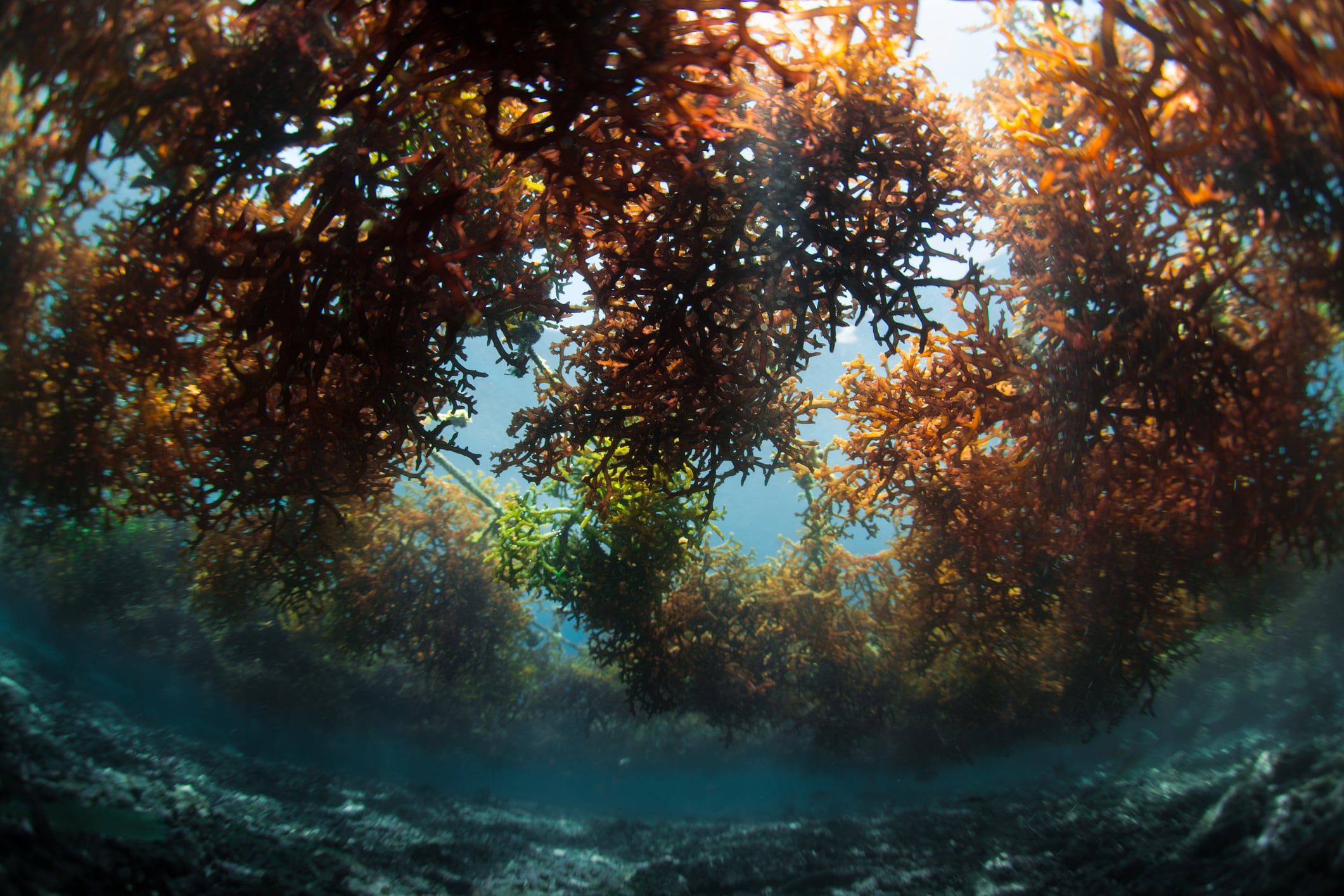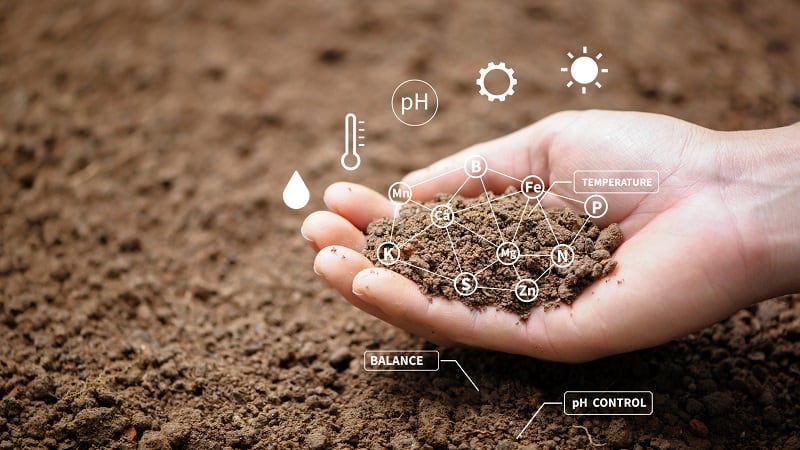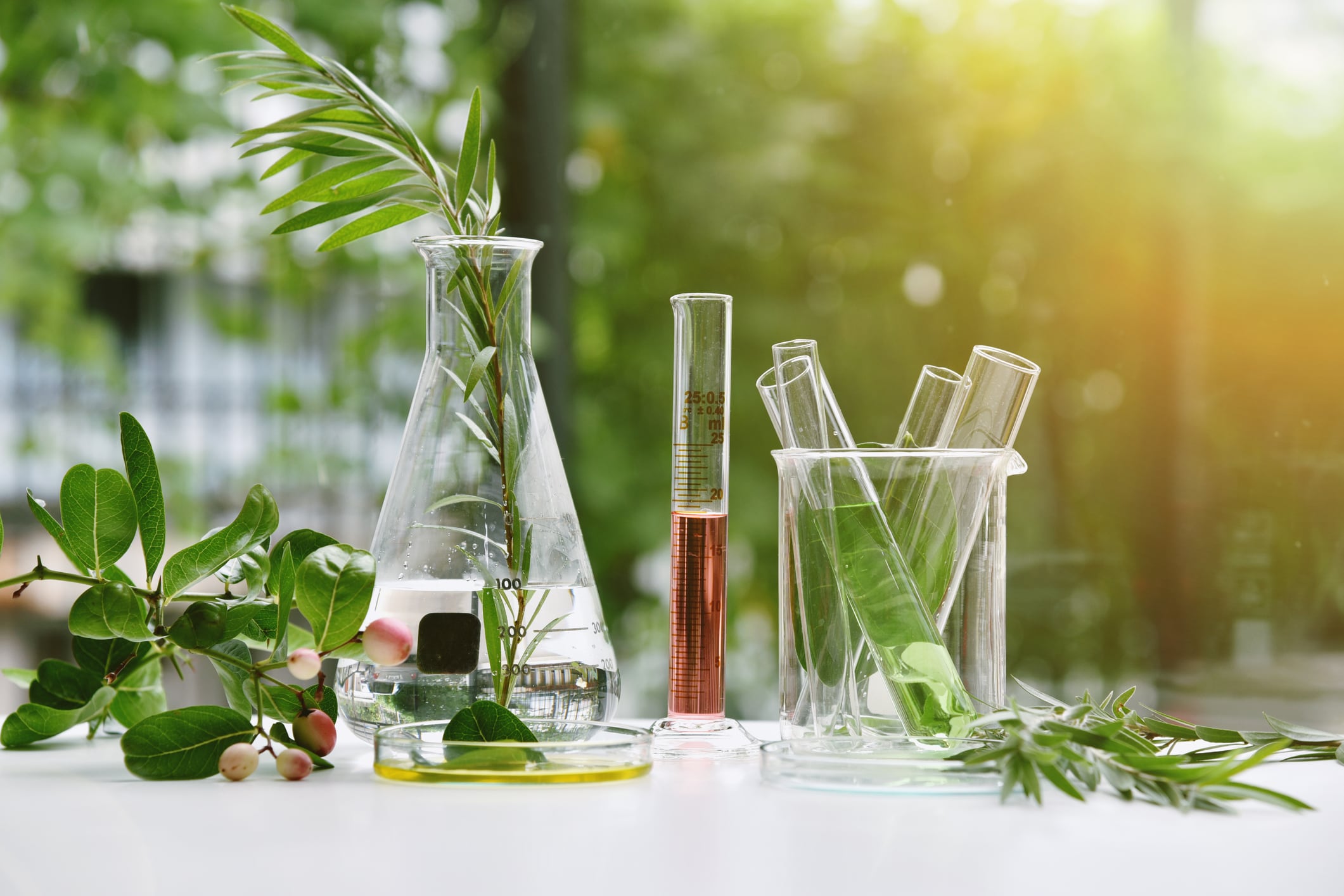Aquabloom takes tropical seaweed and turns them into biostimulants that claim to raise crop yields by 20 to 30 per cent.
Speaking to AgTechNavigator, CEO Michelle Arsjad expressed her confidence in the demand for biostimulants, particularly in South East Asia.
“The opportunity in the region is in the billions of dollars. It’s growing very, very quickly. And I think there’s a unique opportunity for SEA players to be the main manufacturers of these products. Most of the chemical patents are not owned by South East Asians, but in biologicals we are turning to a new page of the book. We have the opportunity to shape our futures here.”
The company is currently producing its product at lab scale, but demand is already outpacing this capacity with the high demand and needs production-scale capacity to meet growing orders.
In addition to production, the firm aims to expand its research and development.
“We’ve already unlocked use cases for 27 crops across Indonesia, and we aim to keep improving—delivering faster results for farmers and expanding our use cases throughout SEA,” said Arsjad.
Among the 27 crops are chili, tomato, potato, leafy greens, and rice.
Lastly, the company will work on building its marketing infrastructure to boost regional sales, fine-tune products to better fit farmer needs, and accelerate adoption across key markets.
The firm believes there is global demand for its products but will continue to focus on strengthening its base in SEA.
Arsjad was recently announced as part of the 2025 cohort of Women Founders and Funders Singapore.
Higher yields, stronger immunity
The firm’s products are made with tropical seaweed from Indonesia, which is more cost-effective than Atlantic variants as they are ready to harvest in 45 to 60 days while the latter takes seven months.
The company is positioning its biostimulants as a faster-acting alternative.
“What’s unique about us compared with other types of biostimulants is that we harness the natural properties of seaweed. You might be more familiar with microbial or amino acid-based biostimulants – the microbial ones, which use bacteria, usually take a bit longer to show results. Seaweed, on the other hand, works much faster, and you can see visible effects within a week or two. So it’s not necessarily better, but it meets a different need,” said Arsjad.
Additionally, the product is able to naturally help strengthen the plant’s immune system.
“We’ve found that it can suppress certain types of pathogens and naturally strengthen the plant’s immune system… With microbial products, the bacteria consume the pathogens, but the plant itself remains unchanged,” she said.
Arsjad explained that the firm’s products are not aiming to replace fertilisers or other biostimulants.
“What’s interesting commercially is that our product doesn’t compete with fertilisers or even bacterial biostimulants but complements them. That makes it much more compatible with the existing supply chain.”
A circular story
The company works with around 300 seaweed farmers who live along the coasts of Indonesia. Around half of these farmers are women who live on the margins of society that Aquabloom aims to empower.
“Indonesia, together with the Philippines, produces around 40 per cent of the world’s cultivated seaweed, yet many of the farmers remain poor. Why? Well, it turns out they are selling into a commodity market dominated by China, where the price is controlled by a few buyers,” said Arsjad.
“Oversupply and this buyer-driven market mean prices keep falling every cycle. On top of that, climate change, rising sea temperatures, and unpredictable weather increase the risk of harvest failures, putting farmers in a really difficult position.”
Seeing this, the company looked for a sustainable way to improve their livelihoods, said Arsjad.
“I realised the only sustainable way to help them was to create higher-value offtake compared with the commodity market. While pharmaceuticals use seaweed, the volumes are too small to make a meaningful impact. The best opportunity at scale with a decent margin was in biostimulants.”





